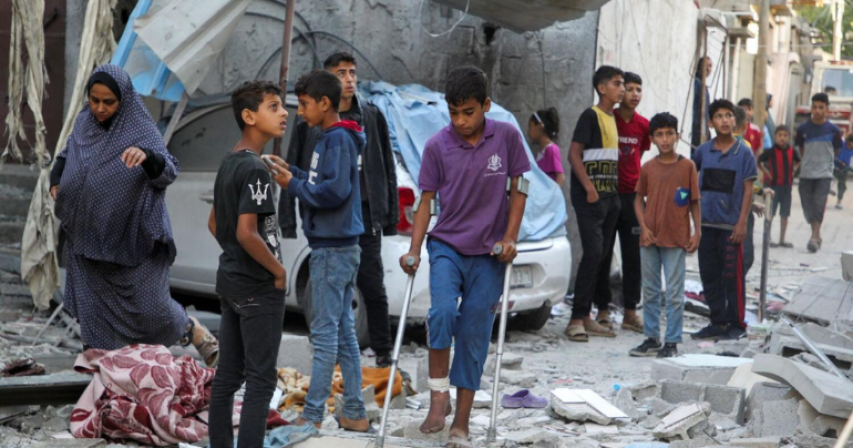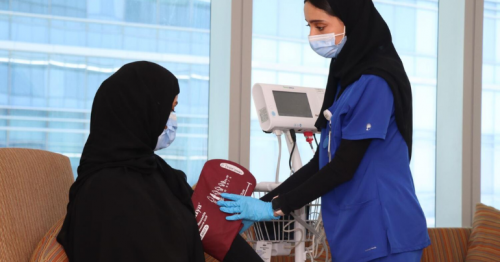Israel strikes Rafah as Biden vows to suspend weapon supplies

In the ongoing conflict between Israel and Hamas, tensions escalated on Thursday as Israeli forces shelled the city of Rafah in the southern Gaza Strip. This comes amidst a stern warning from US President Joe Biden, who vowed to halt arms transfers to Israel if they proceed with a ground offensive into Rafah.
The situation in Rafah has been volatile, with Israel conducting targeted raids and sending in tanks, citing the presence of Hamas militants in the area. However, the city is also home to a large population of Palestinian civilians, many of whom have been displaced by the violence.
Reports from AFP journalists on the ground described heavy shelling in Rafah early Thursday morning, with the Israeli military confirming strikes on "Hamas positions" further north in central Gaza. The escalation of violence has raised concerns about the safety of civilians trapped in the conflict zone.
President Biden's warning to Israel adds a new dimension to the conflict. In an interview with CNN, Biden stated that he would halt US weapons supplies if Israel proceeds with its offensive in Rafah. This represents a significant shift in US policy towards Israel, traditionally seen as a staunch ally.
Biden's remarks drew a swift response from Israeli officials, who called the threat "very disappointing." The Israeli ambassador to the UN described it as a difficult moment in the relationship between the two countries.
The US has been actively involved in efforts to broker a ceasefire in the region, along with Egypt and other international partners. Talks are currently underway in Cairo, aimed at reaching a long-term agreement to end the violence.
Meanwhile, humanitarian concerns continue to mount as aid deliveries into Gaza are disrupted by the conflict. The closure of border crossings, including the Rafah crossing into Egypt, has limited access to essential supplies for Gaza's residents.
The situation on the ground remains fluid, with both sides engaged in ongoing hostilities. The latest round of negotiations in Cairo is seen as crucial in determining the path forward for the region.
As the conflict enters its seventh month, the toll on civilians continues to rise. The international community has called for an immediate cessation of hostilities and a return to negotiations to resolve the underlying issues driving the conflict.
In the meantime, residents of Rafah and other affected areas remain caught in the crossfire, facing uncertainty and fear as the violence shows no signs of abating. The coming days will be critical in determining the fate of those caught up in this protracted conflict.
By: Sahiba Suri





Comments